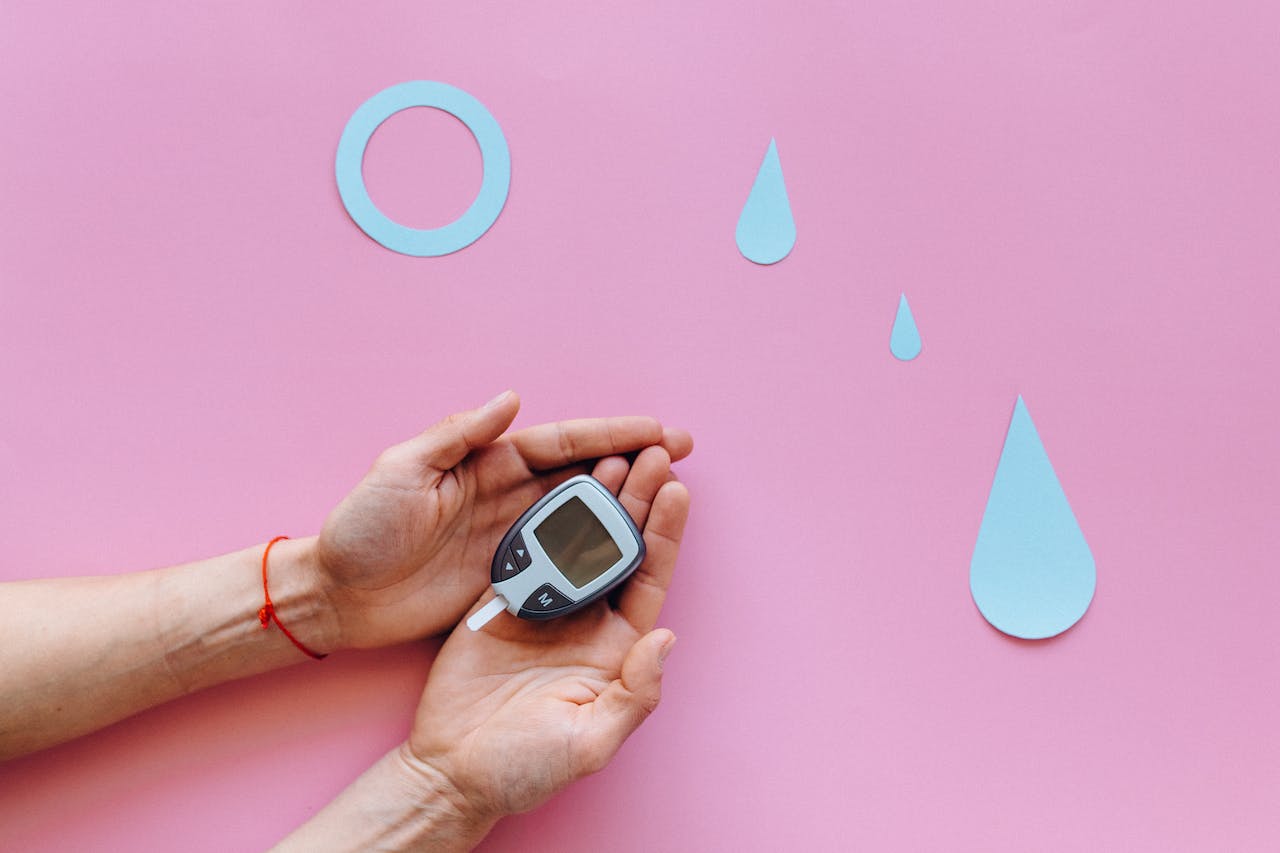Diabetes, a chronic metabolic disorder affecting millions worldwide, not only disrupts blood sugar levels but also poses a significant threat to various organs. Among its many complications, kidney damage stands out as a severe consequence with far-reaching implications. In this article, we delve into the intricate mechanisms by which diabetes inflicts harm upon the kidneys, exploring the underlying processes, potential risk factors, and preventative measures.
The Silent Menace: Diabetic Nephropathy
One of the most alarming complications of diabetes is the development of diabetic nephropathy, a condition characterized by progressive kidney damage. Diabetic nephropathy is a silent menace that often manifests in later stages, making early detection crucial. The intricate interplay of elevated blood sugar levels, inflammation, and oxidative stress contributes to the gradual deterioration of renal function.Glycation and Kidney Dysfunction
At the heart of diabetes-induced kidney damage lies a process known as glycation. Excess glucose in the bloodstream reacts with proteins, forming advanced glycation end products (AGEs). These AGEs accumulate in the kidneys, impairing their normal function. Research studies have demonstrated a direct correlation between elevated levels of AGEs and the severity of diabetic nephropathy, highlighting the role of glycation in the pathogenesis.Inflammatory Cascade: Unraveling the Connection
Chronic inflammation is a common denominator in both diabetes and kidney damage. The inflammatory cascade triggered by prolonged hyperglycemia contributes to the progression of diabetic nephropathy. Pro-inflammatory cytokines wreak havoc on renal tissues, leading to fibrosis and impaired filtration. Understanding this link is crucial for developing targeted therapeutic interventions aimed at disrupting the detrimental interplay between diabetes and kidney health.Oxidative Stress: A Culprit in Kidney Deterioration
The oxidative stress induced by diabetes further exacerbates renal damage. Elevated glucose levels generate reactive oxygen species (ROS) in the kidneys, overwhelming the antioxidant defense mechanisms. This imbalance tips the scales towards oxidative damage, compromising the structural integrity of renal cells. Investigating the intricate web of oxidative stress pathways unveils potential targets for therapeutic interventions to mitigate kidney damage in individuals with diabetes.Unveiling the Risk Factors: Beyond Blood Sugar Levels
While elevated blood sugar levels remain a primary contributor to diabetic nephropathy, it is essential to recognize other risk factors that can accelerate kidney damage in individuals with diabetes. Hypertension, for instance, significantly amplifies the risk of developing diabetic kidney disease. The combination of high blood sugar and elevated blood pressure creates a hostile environment for the kidneys, hastening the progression of renal damage.Genetic Predisposition: A Silent Influence
Genetic factors also play a pivotal role in determining an individual's susceptibility to diabetic nephropathy. Understanding the genetic predisposition to kidney damage in diabetes sheds light on personalized approaches to managing and preventing complications. Ongoing research in this area holds promise for identifying biomarkers that could serve as early indicators of heightened renal risk in individuals with diabetes.Lifestyle Choices: A Modifiable Impact
Beyond genetics, lifestyle choices contribute significantly to the risk of kidney damage in diabetes. Smoking, poor dietary habits, and sedentary behavior amplify the detrimental effects of diabetes on renal health. Empowering individuals with diabetes to make informed lifestyle choices can be a powerful tool in mitigating the risk of kidney complications.The Road to Prevention: Navigating Kidney Health in Diabetes
Preventing diabetes-induced kidney damage requires a multi-faceted approach addressing both glycemic control and associated risk factors. Tight control of blood sugar levels through medication, diet, and regular exercise remains the cornerstone of prevention. Additionally, managing blood pressure, adopting a kidney-friendly diet, and avoiding nephrotoxic substances contribute to preserving renal function in individuals with diabetes.Therapeutic Innovations: A Glimpse into the Future
The evolving landscape of therapeutic innovations brings hope for more targeted and effective interventions against diabetic nephropathy. From novel medications targeting specific pathways to gene therapies tailored to individual genetic profiles, ongoing research holds promise for a future where kidney damage in diabetes can be not only managed but prevented.Patient Testimonials: Navigating the Challenges
Real-life stories of individuals successfully managing diabetes and preserving kidney health offer valuable insights and inspiration. These testimonials highlight the importance of a holistic approach, encompassing medical management, lifestyle modifications, and a proactive mindset. Learning from the experiences of others can empower individuals with diabetes to take control of their health and strive for optimal kidney function.Conclusion: A Call to Action for Kidney Health in Diabetes
In conclusion, understanding how diabetes damages kidneys is crucial for healthcare providers, researchers, and individuals living with diabetes. From unraveling the intricate molecular mechanisms to identifying modifiable risk factors, this article has explored various facets of diabetic nephropathy. By embracing a comprehensive approach to kidney health, we can pave the way towards a future where the devastating impact of diabetes on renal function is minimized, offering hope for a healthier and more vibrant life for individuals managing diabetes.Are you tired of living under the shadow of kidney disease? Are you yearning for a life free from the shackles of dialysis, kidney failure, and the looming threat of kidney transplants? If so, you're in the right place at the right time. Imagine waking up every morning with boundless energy, feeling rejuvenated and ready to take on the day. Envision a life where your kidneys are functioning optimally, and you no longer dread the burdensome routines of dialysis sessions. The Kidney Disease Solution Program is here to turn that vision into reality for you.


